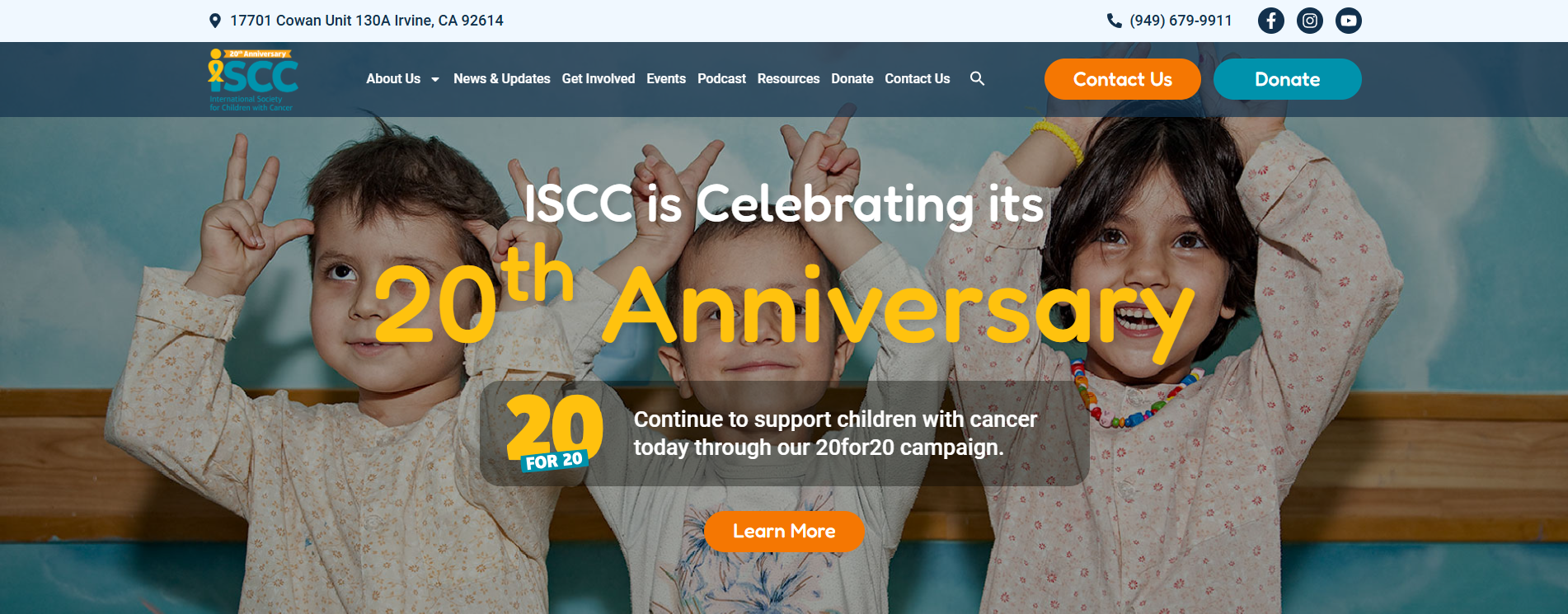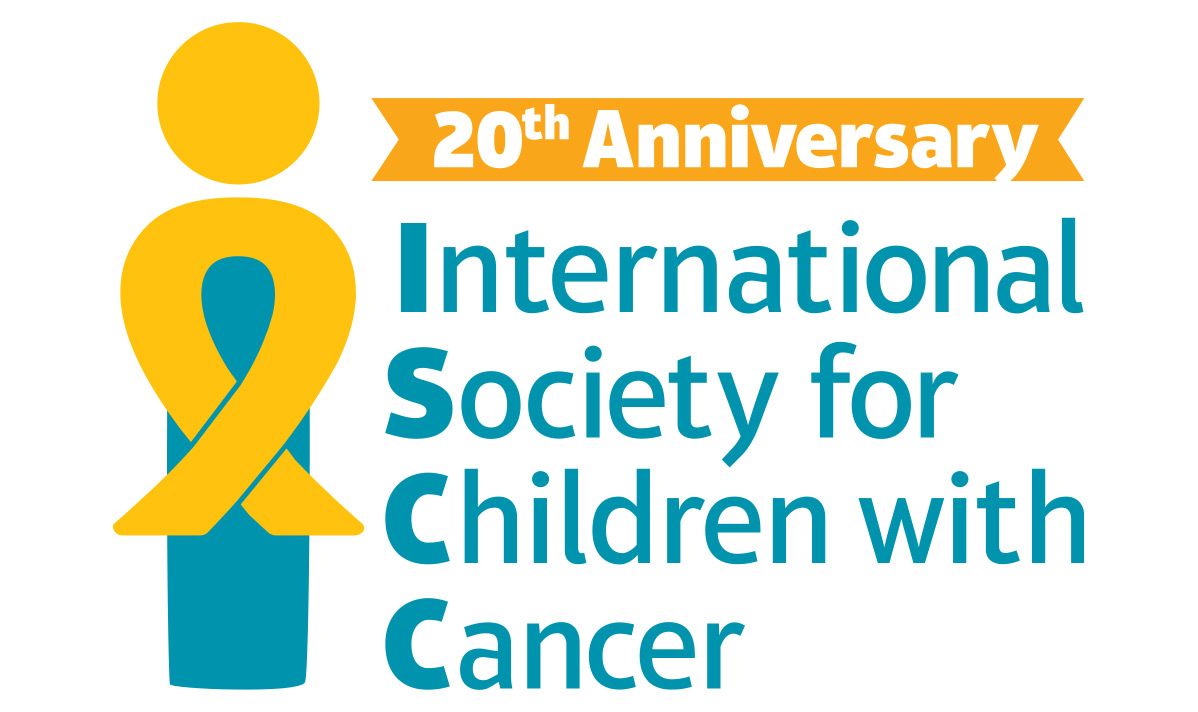Symptoms of childhood cancer can be difficult to detect. There are several different types of cancer, each with its own common symptoms, and still other types of cancer that may not show any symptoms at all. Additionally, many of the symptoms associated with cancers that affect children are also related to other illnesses or health issues that are more common than cancer, so the presence of some symptoms do not necessarily point to cancer without confirmation from testing and a medical professional’s expert opinion.
Typically, cancer takes away a child’s strength, affects the organs, and generally weakens the immune system over time. Symptoms like unexplained weight loss, persistent fevers, constant nausea, and swelling can all be symptoms of cancer, along with excessive bruising or bleeding. Frequent infections or illnesses and fatigue can be signs that the body is struggling with fighting something. A lump or mass on your child’s body, usually in the armpits, pelvis, neck, chest, or abdomen, can also be a sign of cancer and should be evaluated.
Some of the most common childhood cancers are leukemia, brain cancer, and lymphoma. More specifically, symptoms like appetite loss, frequent fevers, and the swelling of your child’s lymph nodes are sometimes related to lymphoma. Different symptoms such as dizziness, changes in behavior, memory loss, seizures, frequent headaches, and changes in your child’s hearing or vision can indicate a number of nervous system issues, including brain cancer or a tumor.
Evaluating your child’s symptoms and conducting further testing, such as scans and blood work, will help your child’s doctor determine if cancer is present. From there, your child’s medical team will determine the best course of treatment, which can involve chemotherapy, radiotherapy, surgery, and bone marrow transplants, depending on the type of cancer and its severity.
Although common cancer symptoms are more frequently caused by illnesses that are less frightening than cancer, it is important to monitor your child for any persistent symptoms or anything that you find concerning. Make sure to mention any new symptoms or symptom changes to your child’s doctor, and let him or her utilize their medical experience to determine next steps for your child’s health. It is helpful to report symptom changes after any diagnosis as well.











